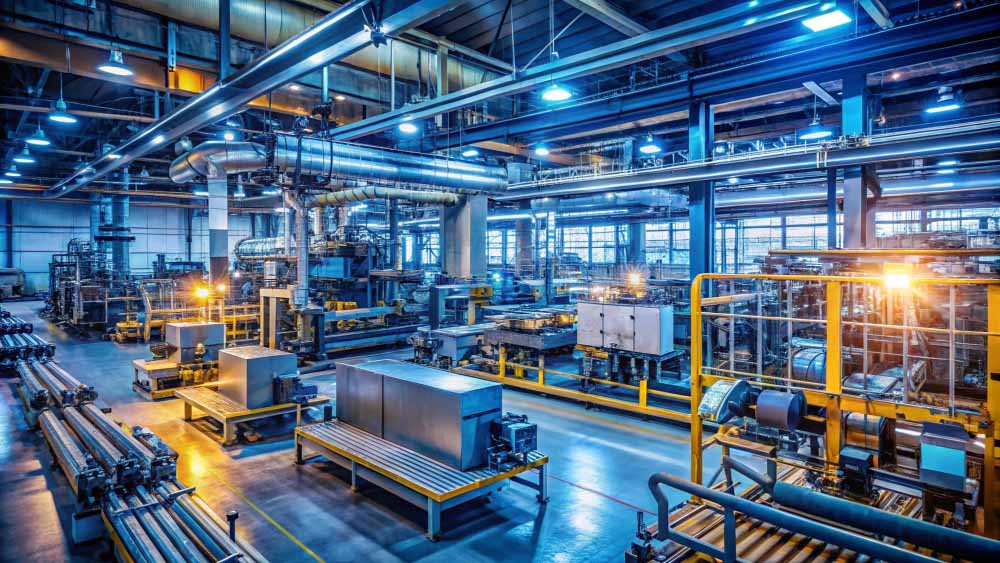As sustainability becomes a focal point in global manufacturing, UK companies are increasingly evaluating their carbon footprints. BAXTER FREIGHT, your Connecta partner in the United Kingdom, emphasizes that nearshoring and reshoring could play a pivotal role in achieving long-term sustainability goals. The manufacturing and construction sectors, which are the third-largest contributors to global greenhouse gas emissions, are under growing pressure to reassess their production locations, according to a report by Statista.

Location Matters: Sustainability and Supply Chains
Manufacturing in countries like China has traditionally been seen as a cost-saving strategy due to lower labor and material costs. However, this approach often results in significant environmental impacts, particularly through shipping, which accounts for over 80% of the world’s trade and is a major contributor to emissions. For small to medium-sized UK companies, transportation remains a leading cause of carbon emissions, according to Logistics Business.
In response to global supply chain disruptions caused by the COVID-19 pandemic, many companies are shifting toward nearshoring and reshoring. Nearshoring involves partnering with suppliers in neighboring countries, while reshoring moves production back to the UK. Both strategies drastically reduce emissions by minimizing long-haul transportation and offer cost and efficiency benefits.
A Greener Manufacturing Future
Beyond financial gains, nearshoring supports sustainability by reducing emissions, sourcing energy-efficient local materials, and cutting waste. These practices help create more environmentally conscious and circular supply chains.
New regulations, such as the Carbon Border Adjustment Mechanism (CBAM), are increasing pressure on companies to adopt sustainable practices. UK businesses, in particular, must consider the environmental impact of their production processes, not only to meet compliance but also to align with consumer demand for eco-friendly products.
The Benefits of UK Manufacturing
Despite the UK’s recent decline from the top 10 global manufacturing nations, its industry remains a key part of the economy, contributing £217 billion in 2024. The country’s expertise in high-precision manufacturing and a robust supplier network allows for faster and more efficient access to materials than relying on foreign markets.
Manufacturing locally in the UK reduces the risks posed by global disruptions, shortens lead times, and improves customer satisfaction by ensuring timely deliveries. It also offers businesses greater control over quality assurance and visibility across the supply chain.
The Bottom Line
Balancing cost-efficiency with sustainability is a challenge, but a combination of nearshoring and reshoring offers a solution. While offshore manufacturing may seem cheaper, companies must weigh the environmental and logistical advantages of local production. BAXTER FREIGHT’s Sustainable Freight Network helps businesses reduce their environmental impact while simplifying supply chains.
As consumer demand for sustainable products grows, companies that adopt greener manufacturing practices are not only securing their future but also contributing to a more sustainable global economy.
Pls visit BAXTER FREIGHT for more information.